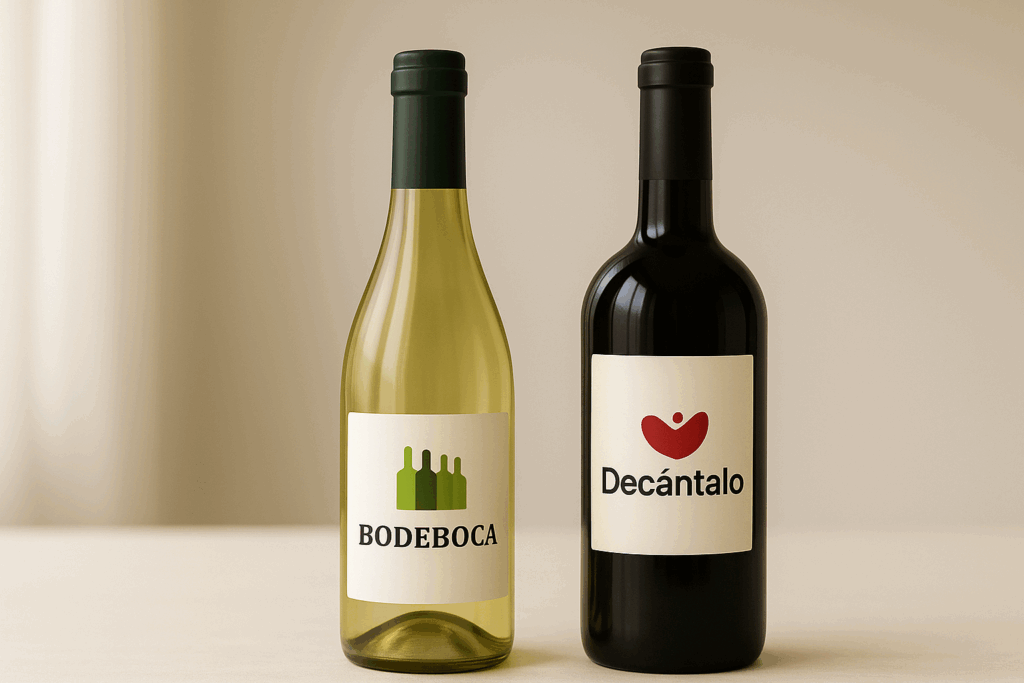Environmental protection is increasingly becoming a priority in Spain and renewable energies are one of its main warhorses. New ideas and implementations have emerged with this trend, including electricity self-sufficient homes, which could be defined as the generation of electricity through solar panels or any other equivalent devices to satisfy the energy needs of a family. Already, we are seeing two distinct models for these electric homes. The first is connected to the electric grid, making it receptive to energy from the traditional distribution grid. The second is not connected—that is, it’s entirely autonomous. How is the country accommodating—or failing to accommodate—this intriguing new system?
Spain’s “Sun Tax”
The so-called “Sun Tax” is a charge that must be paid when you opt for a self-sufficient home model, but remain connected to the traditional electricity grid. In other words, the only case in which nothing is paid is when the home is completely isolated from the electricity grid and is 100 percent self-sufficient. Not only that, in addition to the Sun Tax there are numerous and complicated bureaucratic procedures that make it even more discouraging to opt for the self-sufficiency model. It is not worth it, at this point, to go into detail on the complicated legal framework. The crucial takeaway is that the current system does not encourage electricity self-sufficiency.
Change of Course
Notwithstanding the above mentioned, the new Ministry for the Ecological Transition, which is what the new government is now calling the traditional Ministry of Energy, has made a firm commitment towards environmental protection. In this regard, the Spanish Congress has recently validated a decree law, filed among other legislative measures by the government, whereby they repealed the Sun Tax, as well as other obstacles that were actually discouraging the adoption of this model by consumers.
In this sense, the Minister for the Ecological Transition, Teresa Ribera, highlighted that this measure would mean the recognition of the right to self-generate and consume energy without charges or any other limitations than those derived from technical and security issues, as well as the recognition of the right to share the energy surpluses.
New Outlook
This change, if no one blocks it, could be a decisive effort in favor of a paradigm shift. Not only would the use of clean energies be promoted, but also the decentralization of energy generation. Both consequences together could mean a substantial change in the way we live and, particularly, how we produce. As an example of this, consider the German collaborative economy project called Sonnen, where they manage the generation and consumption of many individuals, almost achieving a perfect balance between both of them. The key is that individually considered, users have problems balancing production and consumption, but the network as a whole manages to balance fairly well.
The future seems undoubtedly hopeful, though a long way is still to go. Or maybe not that long? Just one last piece of information: Ikea has announced that they will soon start selling low-cost solar panels in Spain.



